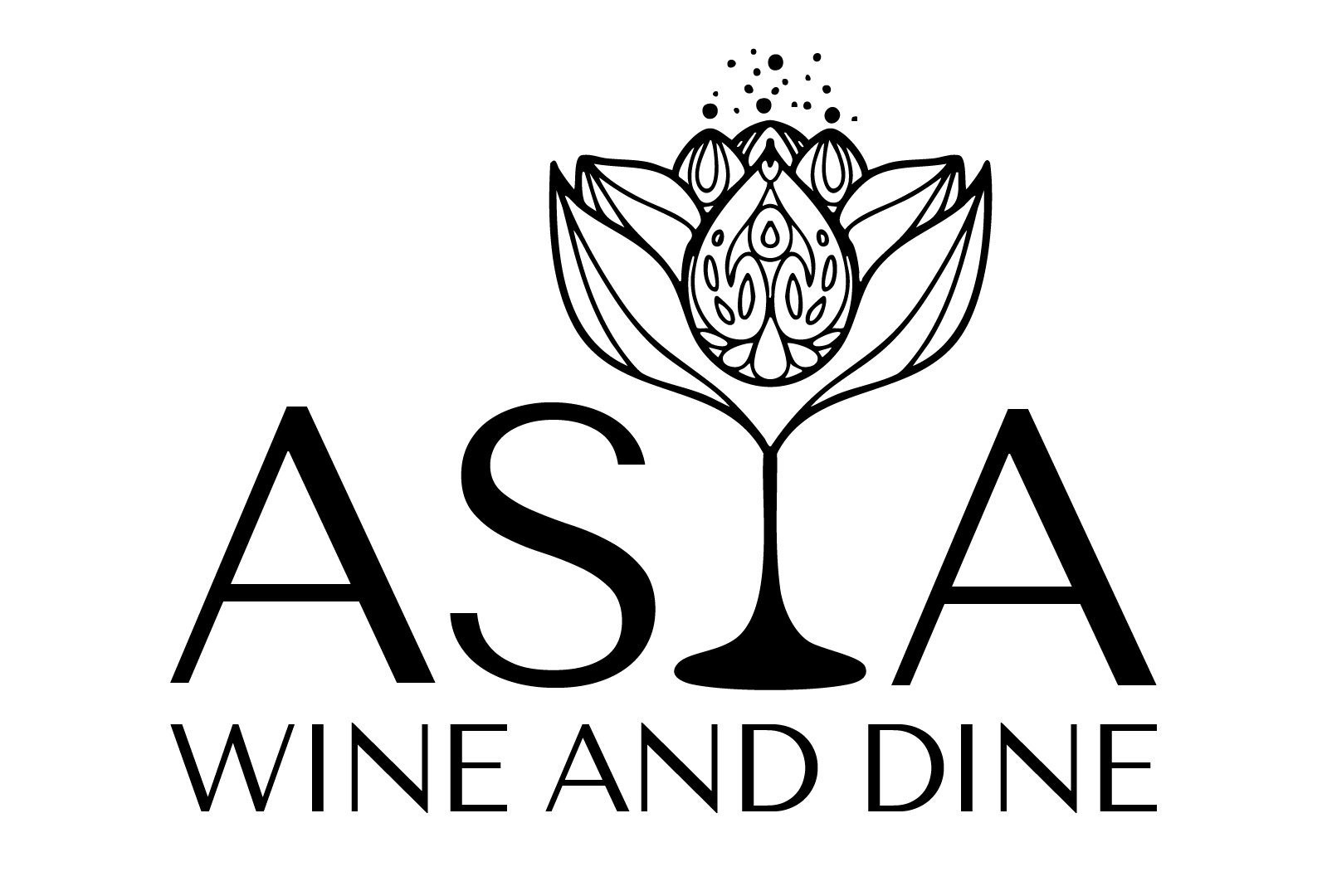Thailand's Alcohol Market Set for Transformation: New Bill Aims to Boost Tourism and Small Breweries
Relaxed Regulations Could Open Doors for Local Producers and Revitalize the Beverage Scene

Relaxed Regulations Could Open Doors for Local Producers and Revitalize the Beverage Scene
Thailand is on the verge of a major shake-up in its alcohol industry as lawmakers push forward with a bill designed to ease long-standing restrictions on sales and advertising. This move, expected to invigorate the tourism sector and empower small-scale breweries, reflects a broader trend of economic liberalization in the country’s beverage market.
The Thai House of Representatives recently voted overwhelmingly in favor of amendments to the existing alcohol control law, passing the bill through second and third readings with 365 votes for, three abstentions, and no opposition. The proposed changes now await approval from the conservative Senate — a pivotal step before they can take effect.
Breaking Free from Outdated Restrictions
One of the most notable reforms in the bill is the repeal of a 1972 military-era ban that restricts alcohol sales between 11 a.m. to 2 p.m. and 5 p.m. onwards. This decades-old rule, originally intended to prevent civil servants from indulging during working hours, has long been criticized as outdated and counterproductive for businesses reliant on afternoon trade.
Additionally, the bill seeks to relax Thailand’s notoriously strict alcohol advertising laws. Current regulations prohibit the display of alcoholic beverage names, logos, or imagery in promotional content — a significant barrier for small producers trying to gain market visibility. The proposed amendments aim to level the playing field by allowing more flexibility in marketing, offering local breweries and craft distilleries a chance to compete with established giants.
Fueling Economic Growth and Tourism
Proponents of the bill, including Pheu Thai Party MP Chanin Rungtanakiat, argue that the reforms are essential to eliminate “unreasonable control” and stimulate economic activity. The changes come at a time when Thailand is actively enhancing its appeal to international tourists, positioning itself as a progressive destination.
From being the first Asian country to legalize cannabis to ongoing plans for casino legalization, Thailand is embracing bold reforms to diversify its tourism offerings. Easing alcohol restrictions is expected to complement these efforts, creating a more vibrant nightlife and hospitality scene — key attractions for global visitors.
Prime Minister Paetongtarn Shinawatra recently hinted at further deregulation, including revisiting bans on alcohol sales during Buddhist holy days and over online platforms, recognizing these rules as potential hurdles for tourism recovery.
A New Era for Thailand’s Beverage Industry?
The move also signals a shift in Thailand’s heavily monopolized alcohol market, traditionally dominated by industry giants like Thai Beverage Plc and Boon Rawd Brewery Co. Earlier this year, lawmakers paved the way for microbreweries and small distilleries to expand production, setting the stage for a more diverse and competitive industry landscape.
If the Senate gives the green light, Thailand’s evolving alcohol laws could create exciting opportunities for boutique producers, wine importers, and craft beverage enthusiasts alike — not to mention a potential boost to the country’s thriving wine tourism scene.
Stay tuned — a more vibrant, accessible, and competitive Thai beverage market may soon be uncorked.





